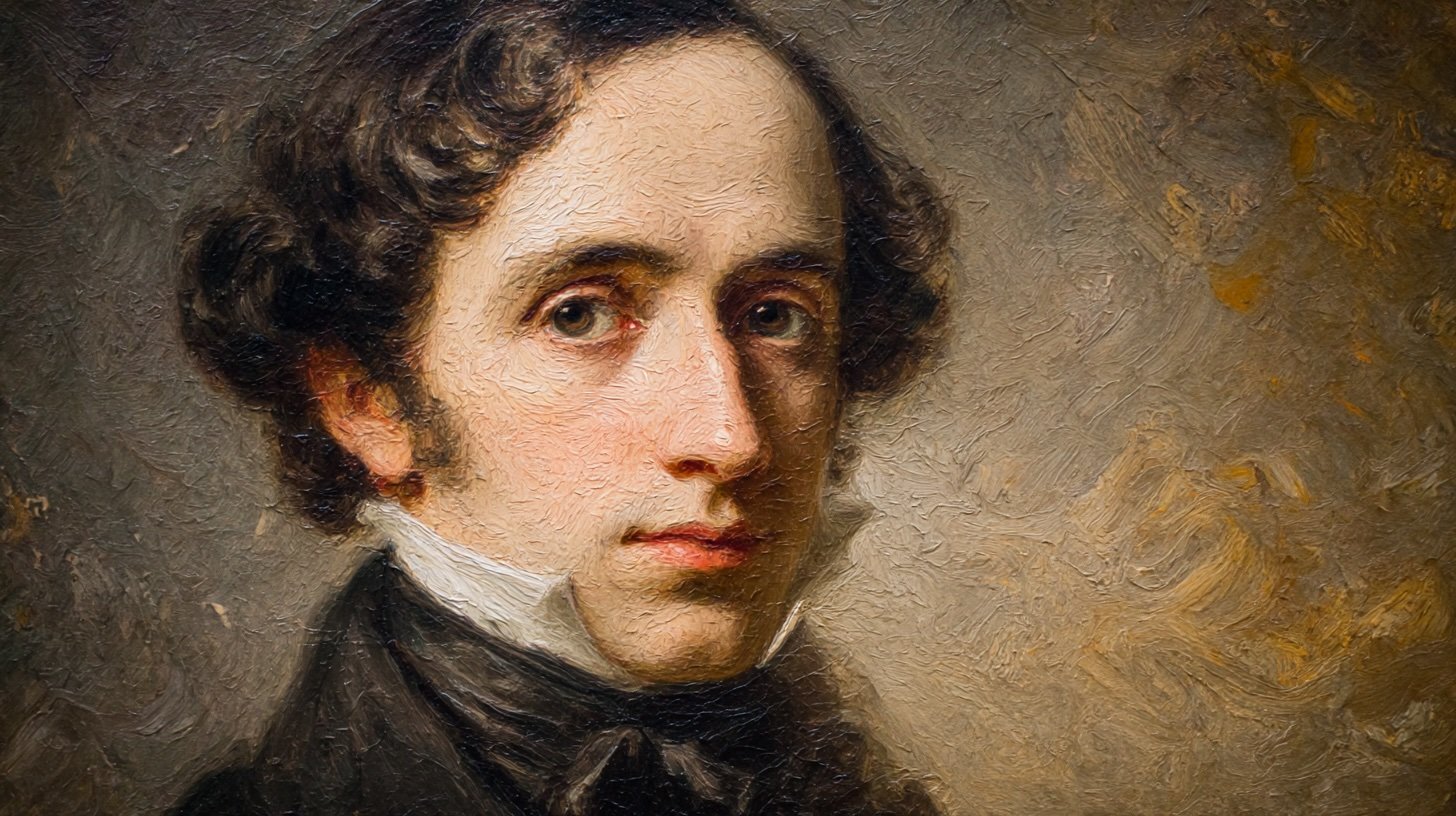Felix Mendelssohn: Classical Music’s Most Likable Overachiever
Felix Mendelssohn might just be classical music’s version of a gifted child prodigy who managed to stay charming into adulthood — and didn’t spiral into existential doom or artistic anarchy. Quite the opposite, in fact. This was the man who practically brought J.S. Bach back from the dead, gave Victorian England a romantic soundtrack, and managed to compose works that still flutter through wedding aisles two centuries later. The key phrase here is Felix Mendelssohn, a name that echoes through concert halls with a polite but undeniable brilliance.
Let’s get the child genius bit out of the way. Little Felix could play the piano like a dream before most kids his age could tie their shoes. By the time he was 12, he’d already written symphonies, concertos, sonatas, and an entire opera. While other kids were misbehaving at boarding school, he was casually revolutionising chamber music. His family wasn’t exactly humble either: the Mendelssohns were wealthy, cultured, and knew all the right intellectuals to invite over for Sunday tea. That included Goethe, who once listened to Felix play and decided he was the next Mozart. No pressure.
But here’s where it gets juicy. Felix didn’t just ride the wave of early talent. He grew into his style with such grace that his compositions seem effortless. Ever heard the Wedding March? You know, that triumphant da-da-da-DAH that shuffles brides down the aisle? That’s Felix. It’s from his music for Shakespeare’s “A Midsummer Night’s Dream”. He wrote the overture at 17. Yes, 17. Most of us were still battling acne and awkward social interactions.
He wasn’t just a composer. He was a conductor, a pianist, an organist, and a revivalist of forgotten masterpieces. In 1829, he staged the first performance of Bach’s St. Matthew Passion since the composer’s death. This wasn’t just a concert. It was more like an exhumation. Musicologists still credit him for dragging Bach’s greatness into the spotlight where it belonged. Without Felix, old Johann Sebastian might still be languishing in dusty manuscripts.
Now, let’s talk travel. Felix Mendelssohn loved a good scenic view. His trips to Scotland and Italy didn’t just fill his sketchbooks with watercolours; they inspired music. His “Scottish Symphony” and “Italian Symphony” are audio postcards, blending stormy landscapes and sunlit piazzas with absolute elegance. And he did it without being overly dramatic. No smashed pianos or tortured love affairs. Just tasteful inspiration and solid craftsmanship.
Felix was also a man of letters — quite literally. His letters are full of wit, warmth, and just enough gossip to keep things spicy. He was unfailingly polite but not above teasing friends or complaining about bad acoustics. His correspondence reads like the 19th-century equivalent of an Instagram travel diary, complete with sketches and delightfully judgmental commentary.
And yet, not everything was harmony and harpsichords. He lived under the shadow of anti-Semitism, even after his family converted to Christianity and added the “Bartholdy” to their name to sound more gentile. Wagner, that well-known hater of anyone with more charm than himself, tried to write Mendelssohn out of history with his typical mix of envy and vitriol. Nice try, Richard. Felix’s music has outlived the bile.
He also had a knack for founding things. Like the Leipzig Conservatory, which helped turn Leipzig into one of the musical powerhouses of Europe. He didn’t just want to be admired; he wanted to nurture the next generation of talent. Felix knew that music wasn’t just about being brilliant. It was about creating community.
And speaking of community, Queen Victoria absolutely adored him. He was a regular guest at Buckingham Palace and once even accompanied the Queen on piano while she sang one of his songs. He didn’t even correct her when she mistook it for a song by someone else. That’s diplomacy in action, folks.
There’s something wonderfully refined about Mendelssohn. His music sparkles without being gaudy. His melodies linger without becoming earworms. He gives you the emotional lift without the emotional exhaustion. Listening to his “Songs Without Words” is like opening a letter from someone who gets you entirely, and who also happens to write in perfect cursive.
He died too young, at just 38, after a series of strokes. His sister Fanny, a formidable composer in her own right, had died just months before, and it broke him. The grief seeped into his final works. But even in sorrow, he remained lyrical, elegant, and composed. Because that’s what Felix Mendelssohn did. He composed. Music, friendships, legacies, and the soundtrack to more than a few fairytale weddings.
So if you hear those bright strings burst into triumph as a bride steps into view, tip your imaginary top hat to the man who made it happen. Felix Mendelssohn, the child prodigy who became the quiet cornerstone of Romantic music — without ever making it all about himself.
